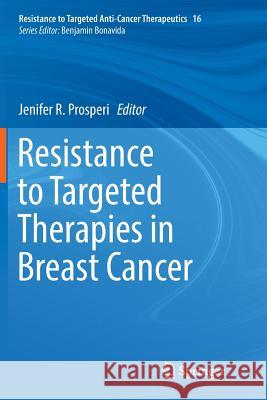Resistance to Targeted Therapies in Breast Cancer » książka
topmenu
Resistance to Targeted Therapies in Breast Cancer
ISBN-13: 9783319888910 / Angielski / Miękka / 2018 / 184 str.
Kategorie BISAC:
Wydawca:
Springer
Seria wydawnicza:
Język:
Angielski
ISBN-13:
9783319888910
Rok wydania:
2018
Wydanie:
Softcover Repri
Ilość stron:
184
Waga:
0.29 kg
Wymiary:
23.39 x 15.6 x 1.09
Oprawa:
Miękka
Wolumenów:
01
Dodatkowe informacje:
Wydanie ilustrowane











